How we escaped suburbia by embracing exchange and life on the road
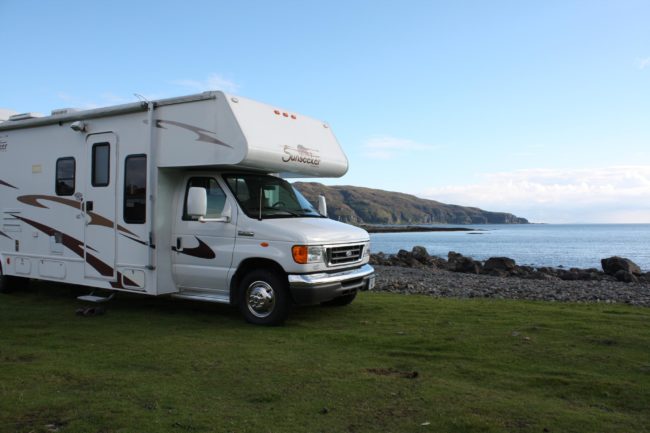
Visual artist Emma Moody-Smith shares the story of how she and her partner Shawn have spent the past 9 years downshifting, swapping suburban England for life in a motorhome and, crucially, embracing exchange. Here she offers insight and advice to others looking to do the same.
My partner Shawn and I made a life-changing decision in 2009 when we sold our house in suburban England and brought a motorhome in which to travel and explore new places.
Between then and now we have toured the coast of Britain and a little bit of Europe, spent nearly four years on the Isle of Mull on the west coast of Scotland, and, since March 2016, been volunteering on a smallholding in rural Portugal renovating our host’s house and looking after her land and animals. During our time here in Portugal we have also completed other house-sitting assignments in other parts of Portugal, France and Belgium.
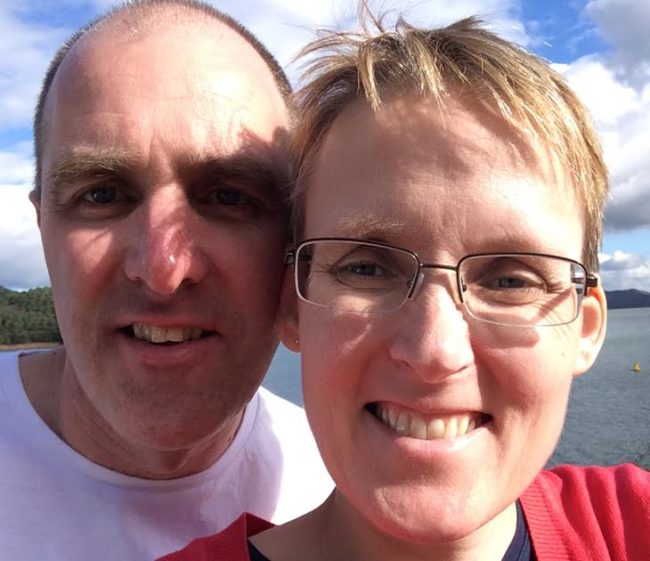
Our decision to downshift had grown from a chance conversation previously when we had agreed there must be more to life than just working to pay the mortgage and bills off each month. We had a gorgeous house but was always tired with little extra means for treats and socialising. There had to be more to life than this.
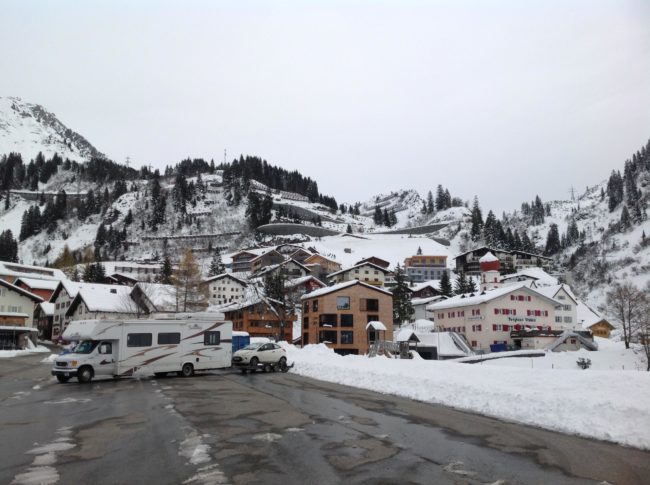
Professionally we have many years experience between us working in horticulture, retail, tourism and the food industry, in various roles from assistants to management. In 2009 I qualified with a fine art degree. Shawn and I love making things, be it artwork, sewing, knitting, building gates, doors and
other structures, DIY, land maintenance, and will take on different creative projects either individually or together.
We will say to one another “we gonna have to think outside the box here” when opportunities and challenges come our way. We have been introduced to the concepts of permaculture, minimalism, living in small spaces and the slow movement. We are keen to support sustainability and take better care of our environment. We are eating a more plant-based diet.
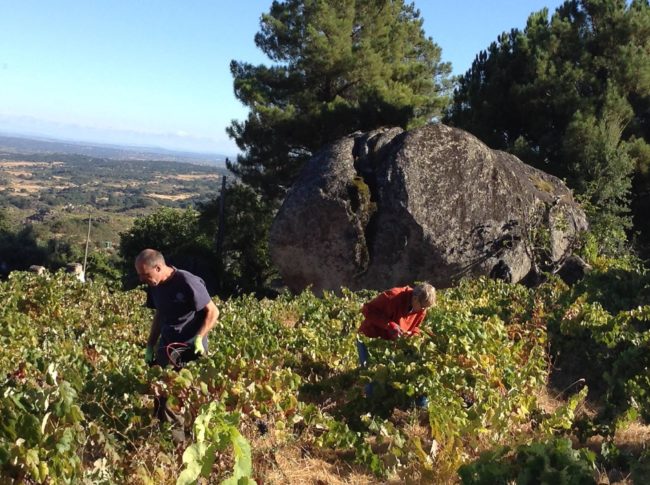
We were recently asked if we have any words of advice for others who might be considering embarking on a similar journey. We still feel we are beginners at this but from our own experiences here are just a few things to say:
Only buy what you truly need, and think about using only what you really need to use.
Recycle, re-use, mend and repair where possible.
Think about what you actually consume. For example, what food do you really need for each week? There are only two of us which means seven meals, seven breakfasts, seven evening ‘snacks’.
Think about an employment exchange beyond money, such as working for food, accommodation, a place to stay. Our current host provides us with fleeces for our spinning project, rum and chocolate (from the UK!) a social life, a shared garden…
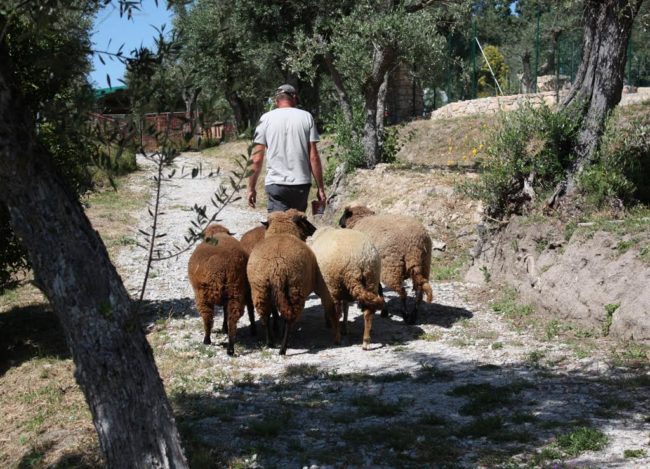
We have found that living in a smaller space means less housework and responsibilities, and less ‘keeping up with the Joneses’. It is such a relief. We do have to think about our incoming and outgoing electricity, heating, water and waste, and we value and appreciate these things so much more than just being able to turn on a switch or a tap.
It is important that people take action at what level is comfortable for them. We have found this change of lifestyle has enabled us to be more independent, and a bit more in charge of our own choices, but we don’t have children, a mortgage or a boss. Be brave and do your research. For most times it is a calculated risk what we do, and we may decide not to live this way for ever.
What are your luxury items that you could not give up? My answer would be chocolate and an ironing board. Yes, an ironing board, even though we live in a small space. I may not iron very often but there is nothing like a clean pressed pair of pyjamas as you put them on, of course, electricity provided by solar or wind power if possible! The key thing is, don’t beat yourself up with what you can and cannot do. I’m still striving to give up my books for electronic ones…
Existing in a small space has taught us to think about what a home is and what a home can be. Our tour of Britain was hectic in comparison to now and we choose to travel much slower these days, taking our time. Our journey has opened our eyes a bit more to other cultures and people’s lifestyles and we are a lot less judgemental than we used to be.
So where do we feel we are heading next? We are asked this question a lot and our initial answer usually is that we don’t know!
At the moment we are staying in our host’s house in Portugal which is up for sale. We are maintaining the house and looking after her land and animals. This will be a long or short stay depending on the sale of the house. One of the rooms we have changed into a studio as I would like to do some sewing, knitting and making of some kind. Last year Shawn and I brought a spinning wheel and we are learning about all things to do with wool.
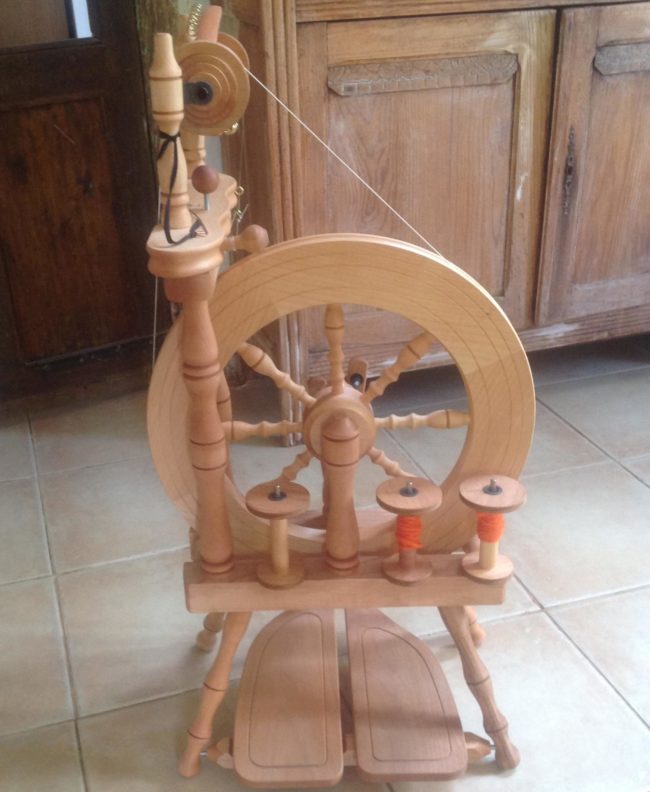
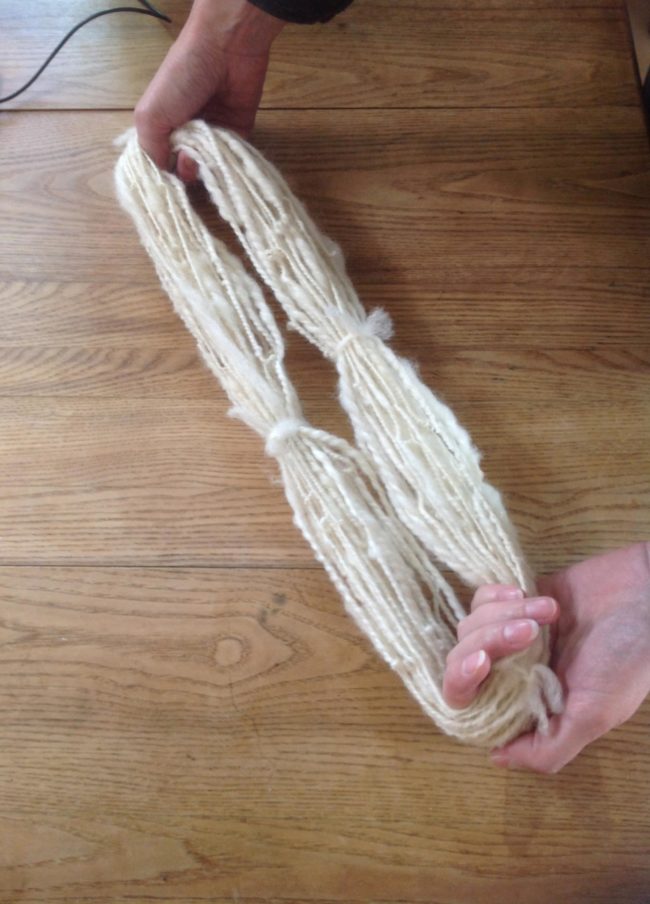
In the future we will need somewhere to stay when our host’s house is sold and we are open to where this next location is and what that stay will consist of.
Long-term we imagine we would like a small property of our own again. We like the idea of a self-build eco-friendly tiny house, perhaps using recycled materials, with space for a studio or workshop attached. We are aware of the tiny house movement in America. Is there a tiny house movement happening in the United Kingdom?
We continue to ask ourselves what skills, services and products can we provide for others, and how can we maintain a level of self-sustainability, and find ways to meet our financial and legal obligations.
Finally, here are some websites that we like:
https://bemorewithless.com/about/https://www.theminimalists.com/about/#the_mins
http://tinyhouseblog.com/about/
And here are some house-sitting and volunteering websites we like. Three of them we
have profiles on:
https://www.trustedhousesitters.com
Thanks to Emma and Shawn for sharing their downshifting story. If you’re curious about how it might work for you, you can learn more about in our dedicated downshifting topic introduction here.
Visual artist Emma Moody-Smith’s practice explores the process of making and asks why it is that we make things, keep things and covet things. Examples of her work can be found on her website. Alongside her partner Shawn, she has spent the last 9 years travelling and working on an exchange basis across the UK and Europe, after making a conscious and life-changing decision to downshift to a motorhome.
The views expressed in our blog are those of the author and not necessarily lowimpact.org's
6 Comments
-
1sirstainability michael baker April 5th, 2018
Great to read your story so far. If you wish to pop across this man made boundary between Portugal and Spain you’re welcome to join us in Andalucia. We re in the Sierra de ls Nieves from mid April.
-
2Theresa Munson April 5th, 2018
What a nice story, thanks for telling it (we chatted a bit on a post a while back). I think it’s good to have the opportunity to re-evaluate what we need in life and take the scenic route through life to discover what we really want from it. It’s so easy to get caught up in the accepted whirl of family’s and society’s expectations, that we lose sight of what is real and what fulfils us as individuals.
I saw an online article a few days ago about a tiny house project in Scotland and got this link https://tinyhousescotland.co.uk/ the guy sounds approachable and might be able to answer your question about how things are in the UK.
Good luck with your future path – sounds like it’s taking you “home” ?
-
3Andrew Rollinson April 5th, 2018
How do you obtain motorhome and car (as it appears that you tow a small car around also) insurance without a fixed address?
Andrew
-
4Grandfather Michael April 5th, 2018
By the way re my above comment, we have a finca with olive grove. the only possible problem might be one short stretch of concreted road which is about 1 in 8. WE’RE on Helpex as michael and patricia. Tierra Roja, Alozaina
-
5Sasha Longworth April 5th, 2018
My husband and I would like to do an element of this but need to get rid of our mortagage… we are due to (hopefully sell soon and downsize)
Like alot of people we still have grown up children at home as its so costly for them to move out…
I have read loads of books on Tiny house living, minimilism,living simply etc and am cheesed off with alot of modern constraints
Like social media, keeping up with the joneses,etc!
Unfortunately land in England is soooo expensive. I think Wales or Scotland might be realistic.
I would love a Tiny House with a co-op garden to grow food/community.
Good luck guys with your future and I agree we all need to consume less and make do!???
-
6Emma Moody-Smith April 8th, 2018
Hello Everyone, Thank you for your comments.
Hello MICHAEL AND PATRICIA,
We are very close to the Spanish border and it always feels strange when we cross either way. All the infrastructure is just standing there decaying and you can only imagine in the not too distant past 1995, when it was bustling with travellers. We have had a look at your HelpX profile page and looks a great opportunity in a lovely area.
As mentioned in our blog we are at our hosts house until it sells but are actively looking to future opportunities. You mention that you are Findhorn Foundation community members. Have you spent any time at Findhorn Scotland? We have a friend here in Portugal who helps in the catering area at Findhorn, Colin Brown, perhaps you’ve met him? Will keep your contact details and may be in touch. Have a great time in Sierra de Is Nieves.
Hello THERESA,
Thanks for the link. We will look him up. Yes, certainly feels like we are on a journey forward both in the real and metaphorically and we don’t think we are there yet. When we look back each year we feel like we have learnt something new. It is a wonderful thing. This realisation happens slowly which is quite hard to get used to, but satisfying in the process.
Hello ANDREW,
This is a question that I get asked a lot and comes up on motorhome forums very regularly. Proper legal full time insurance for living in a motorhome is very expensive and there are only a handful of companies that will look at it case by case. At the end of the day you must be able to provide a UK address where the vehicle and drivers licence is registered. Fine if you are renting your property out and can still use it as an address but if like us and many others you sell/stop renting you have no address. What you can do legally and with their consent is use a friends or family members address. Some companies may even ask to see that you are on the electoral roll.
If you search online you can find many companies offering 365 day insurance cover abroad which is very misleading as in the small print you will find that it says you can’t live permanently in your motorhome during that whole time, work that one out.
Some companies will offer up to 9 months permanent living/European travel which can work even when you are a full timer. You may do a long term housesit at some stage through the year so not living in the motorhome. I would suggest that any correspondence between the house sitter and host showing that you were staying in another place be kept as proof in case any questions are asked by the insurance company in the event of an accident/claim. Remember that a UK bank will still require a UK address.
It’s a bit of a mine field but can all be done.
Shawn
Hello SASHA,
Yes we have started learning a bit about land availability in the U.K. and it reads depressing news.
A shared garden is certainly the way to go. We have learnt that growing vegetables can be a lot of work especially just for two people. We are up for growing vegetables as a group activity and delight in the joy of picking and eating home grown produce but would prefer to use other skills as our way of living and enjoyment.





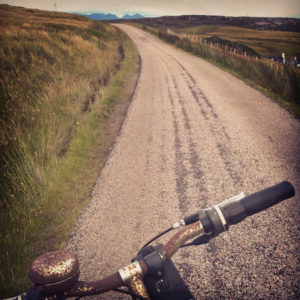 University meets WWOOF: An interview with student and WWOOFer Iona Desouza
University meets WWOOF: An interview with student and WWOOFer Iona Desouza
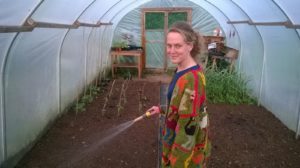 A year of downshifting in Devon
A year of downshifting in Devon
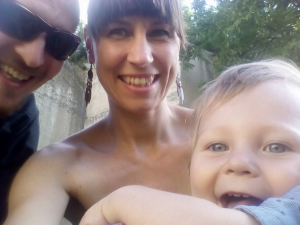 How to quit the rat race to go WWOOFing for 3 years (even with young children) as a gateway to a new life
How to quit the rat race to go WWOOFing for 3 years (even with young children) as a gateway to a new life
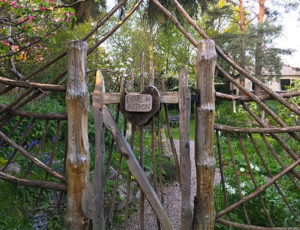 Life in an intentional community – a healthier and more sustainable way to live
Life in an intentional community – a healthier and more sustainable way to live
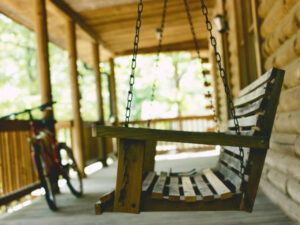 Downshifting
Downshifting
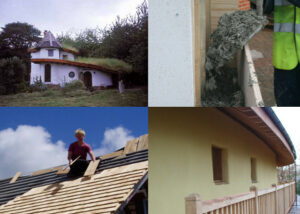 Low-impact building
Low-impact building
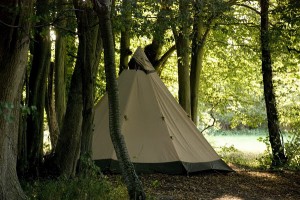 Low-impact tourism
Low-impact tourism
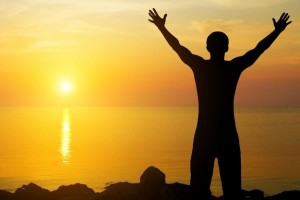 Personal development
Personal development
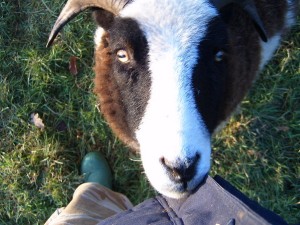 Sheep
Sheep
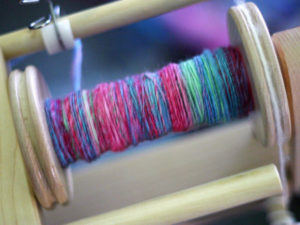 Spinning
Spinning


